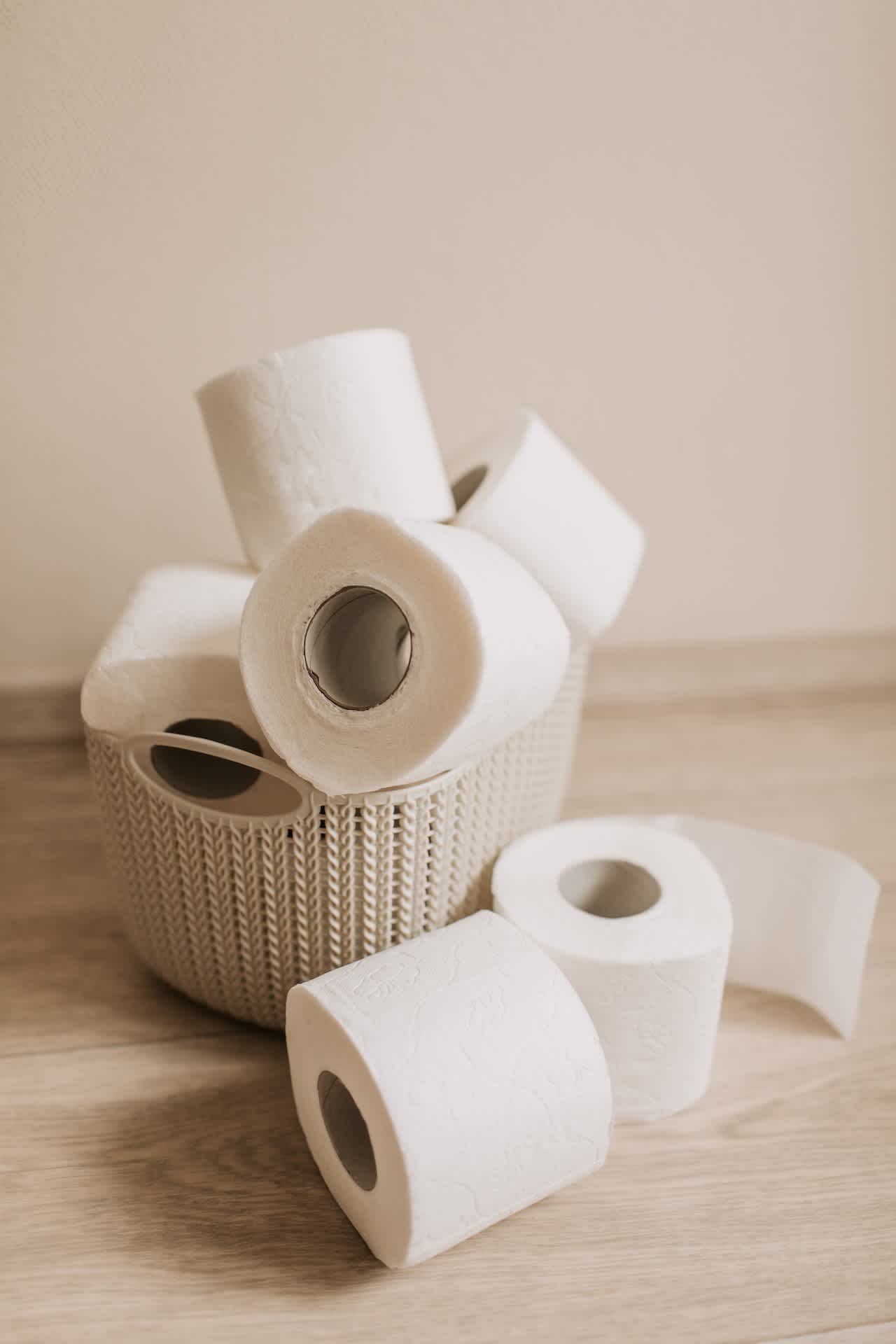Acupuncture is well known for its efficacy for a wide range of medical conditions, from musculoskeletal conditions, through to pregnancy-related pain, and even mental conditions like stress and anxiety. But, does it help with urinary problems? In this article, Breeze Academy discusses a variety of studies in relation to Acupuncture and urinary conditions to determine its efficacy.
So, can Acupuncture help with urinary problems? Acupuncture has been found to be safe and effective in both treating and preventing a range of urinary conditions such as overactive bladder and frequent urination, incontinence, and UTIs and cystitis, as well as a number of bowel conditions like IBS.
Read on to learn more about Acupuncture for urinary problems.
Does Acupuncture Help with Urinary Problems?
According to the BMJ (1), various studies have shown Acupuncture to be a safe, effective, and minimally invasive method for treating various urinary conditions, including overactive bladder and frequent urination, incontinence, UTIs, cystitis, and bladder pain as a result of such conditions. It has also been shown to be effective treatment for IBS and even faecal incontinence (5)
Below we discuss each condition in more detail and whether or not Acupuncture is an effective method of treatment.
Does Acupuncture Work for Frequent Urination?
A wide range of studies (2, 3, 4) suggest that Acupuncture may be an effective treatment for conditions such as overactive bladder, frequent urination and incontinence as a result of these conditions. In one study, urge incontinence was controlled completely in 55% of patients as a result of Acupuncture, whilst 22% reported partial control (4). It is thought that Acupuncture may suppress urges and reduce bladder activity, particularly when applied to the sacrum and spine respectively (5).
Is Acupuncture Good for a UTI or Cystitis?
Acupuncture has been shown to be an effective treatment for both treating (6) and preventing (7) UTIs. Whilst researchers state that further studies are required to fully understand the benefits of Acupuncture on UTIs, there is increasing interest in this field as a response to the growing challenge of antibiotic resistance and the need for non-pharmacological interventions (6).
Does Acupuncture Help Bladder Incontinence?
Several controlled studies have found Acupuncture to be both safe and effective for urinary incontinence, claiming that Acupuncture helps to reduce the amount of urine leakage, and the frequency of leakage (8). These studies also claim that Acupuncture may outperform Western medication for the treatment of incontinence, as well as enhancing the effectiveness of other non-invasive treatments such as Kegel exercises.
NICE Guidance on Acupuncture for Urinary Problems
NICE (National Institute for Health and Care Excellence) recently published a list of recommended non-invasive treatments for urinary problems, such as weight loss, behavioural therapy, pelvic floor exercises and eliminating caffeine. However, it failed to include Acupuncture in the list, despite the recent publication of multiple landmark, high-quality clinical studies that show positive results (9).
As a healthcare professional, it’s important to consider guidelines set by NICE, but also to remember that they are just guidelines and are based on clinical evidence available at the time of the last publication. Topics are typically reviewed every five years, in which time clinical evidence supporting an intervention can greatly progress.
Final Thoughts
Although NICE may not explicitly recommend Acupuncture for urinary problems, a wide range of studies find it to be a safe, effective and non-invasive method for both treating and preventing some urinary conditions (and a range of bowel conditions).
Across the board, researchers state the need for further research into the area, but there is strong evidence to suggest its efficacy and its potential for reducing reliance on medication - a huge benefit in times of growing antibiotic resistance.
It is well known that Acupuncture is safe, provided that it is given by a trained practitioner. Breeze Academy is one of the UK’s leading providers of CPD for healthcare professionals, offering a variety of Acupuncture courses, from foundation level courses, through to more advanced and specialised courses such as Acupuncture in Women’s Health. With Breeze Academy, students gain everything they need to safely and confidently offer Acupuncture treatments in their practices.
Learn more about our Acupuncture courses online, or get in touch for more information.
Sources
British Medical Journal - Acupuncture for adults with overactive bladder: a systematic review protocol
Bschleipfer T1, Lüdecke G, Durschnabel M, Wagenlehner FM, Weidner W, Pilatz A - Auricular acupuncture in patients with detrusor overactivity: a pilot study
Emmons, Sandra L. MD; Otto, Lesley MD - Acupuncture for Overactive Bladder
Kitakoji H1, Terasaki T, Honjo H, Odahara Y, Ukimura O, Kojima M, Watanabe H - Effect of acupuncture on the overactive bladder
Bowel and Bladder Community - Acupuncture
X Qin,ME Coyle,L Yang,J Liang,K Wang,X Guo,AL Zhang,W Mao,C Lu,CC Xue,X Liu - Acupuncture for recurrent urinary tract infection in women: a systematic review and meta-analysis
Terje Alraek, BAc, Liv Inger Fosli Soedal, Siri Urnes Fagerheim, Asbjørn Digranes, MD, and Anders Baerheim, MD, PhD - Acupuncture Treatment in the Prevention of Uncomplicated Recurrent Lower Urinary Tract Infections in Adult Women
Health CMi - Acupuncture Beats Drugs For Urinary Incontinence
Primary Care Women’s Health Forum - Call for NICE guidance on urinary incontinence to include acupuncture
